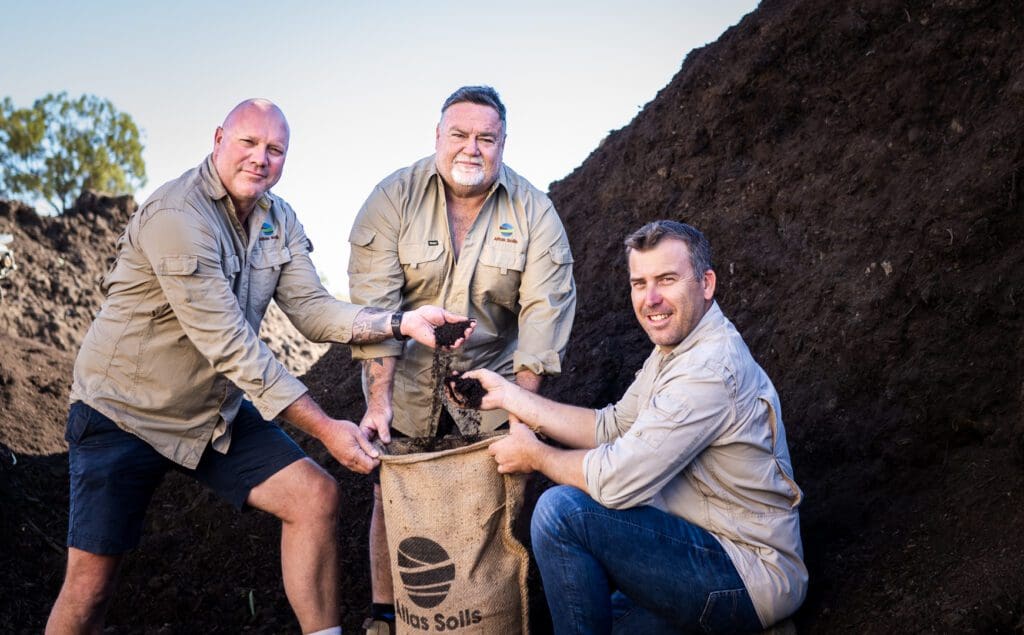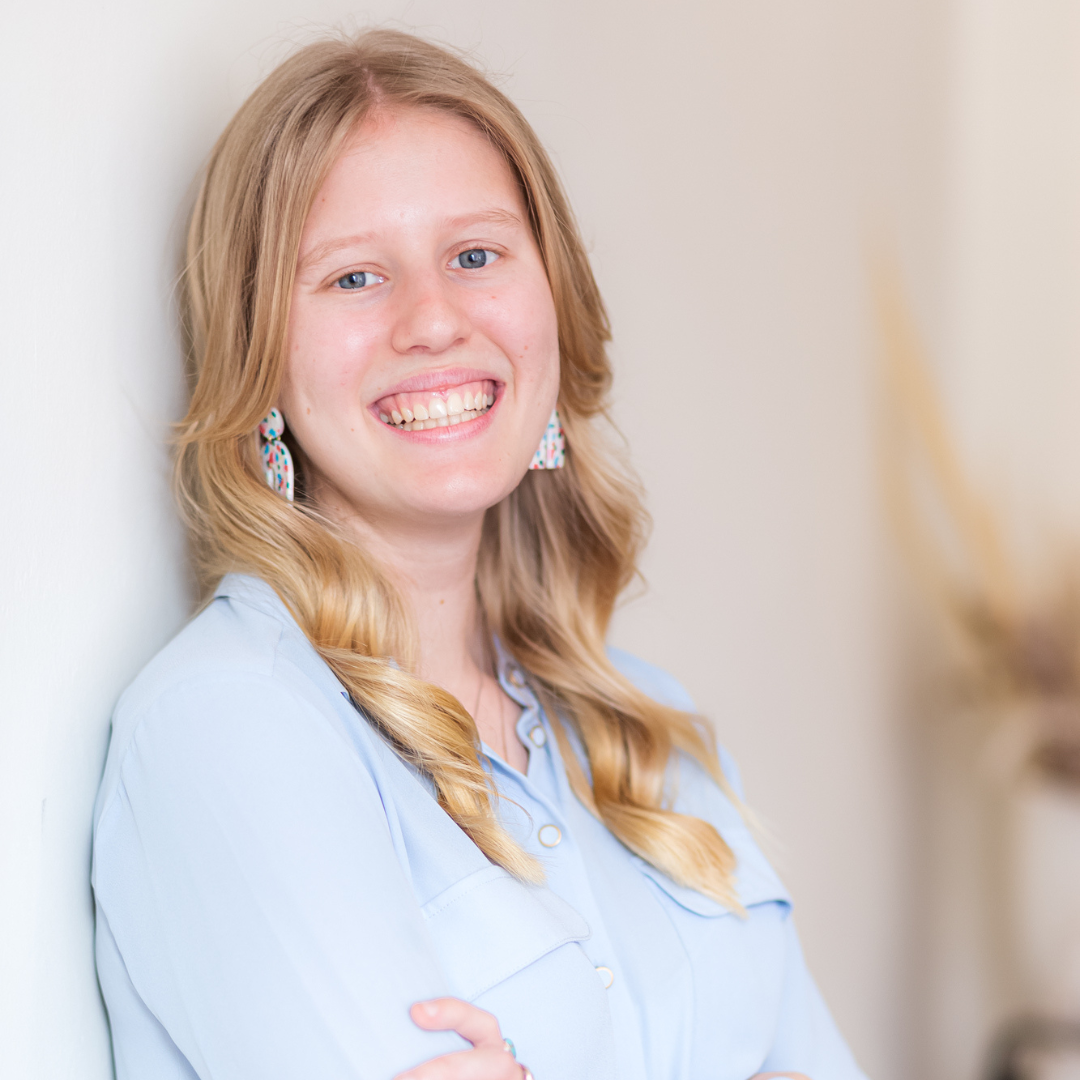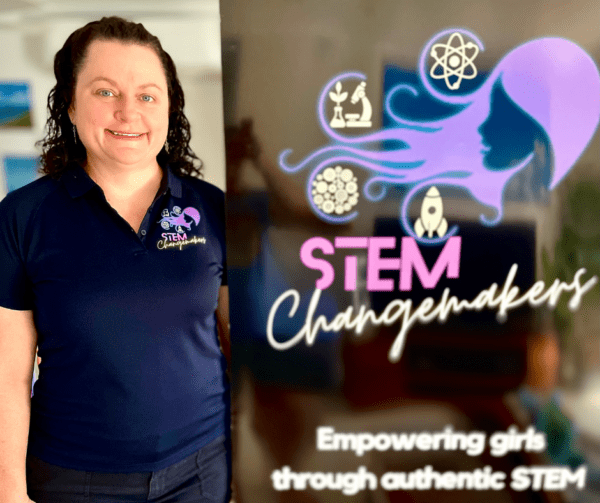Recent investments into circular economy-based initiatives have put the region at the forefront of innovation and development.
A simple visit to your local coffee shop now offers more than just your daily caffeine boost. Behind the scenes, many food and beverage businesses are now involved in an innovative project that is transforming used coffee grounds into valuable soil products.
The initiative, known as the Smart Coffee Project, began in 2022 and took shape when Jason Lange, one of the three directors of organic waste company Atlas Soils, was approached by a volunteer group who sought solutions to divert coffee grounds from landfill.
“Atlas Soils was created by three Townsville dads with the vision of reimagining how we treat landfills and to turn waste into a value-based product for the community,” says Jason.
“At the time, we were already converting organic waste and weed products into humisoil for local lawns to eliminate the need for harmful fertilisers. When we were approached about a solution for coffee grounds, it was a natural progression from our existing work.”
Twice a week, community volunteers collect the coffee grounds and food scraps from more than 30 businesses across Townsville. These materials are then delivered to Atlas Soils’ factory, where they are transformed into high-quality soil products for use in domestic agriculture and commercial applications.

Building off the success of the Smart Coffee Project, Atlas Soils formed the Resource Recovery Network in July. The new not-for-profit is dedicated to establishing other innovative projects that transform waste collection and activate circular economy outcomes in Townsville.
They obtained seed funding from Domain Central, where their food and coffee traders have also joined the initiative to transform their waste not only into soil products, but also a special coffee blend that can be sold back in the stores.
“All key community-led projects including initiatives like the Smart Coffee Project, will fall under the umbrella of the Resource Recovery Network,” explains Jason.
“This enables us to continue creating projects that transform waste management and make it more cost effective for local businesses.”
Their efforts in the space have also attracted the interest of major corporations, including McDonald’s and Coles. In May, Atlas Soils was among eight businesses awarded funding from the highly competitive Coles Nurture Fund. The $490K grant will support the purchase of new technology that separates packaged food waste.
Jason says the funding signifies how bigger businesses are prepared to back innovation in the space.
“We believe very strongly that Townsville is placed to be a global leader in applied circular economy and we are proud to play a small part,” says Jason.
“Funding innovation in small business not only allows our cities to ‘get to the future first’ but it builds capacity and enthusiasm where it is needed the most.”
Such funding support can also be seen in the Burdekin, where construction began in September for the world’s first municipal wastewater bioremediation treatment facility known as RegenAqua.
The technology is an innovative water treatment solution that uses endemic seaweeds and river grasses to strip wastewater of environmentally harmful pollutants like nitrogen, phosphorus, and carbon dioxide before they enter the ecosystem.
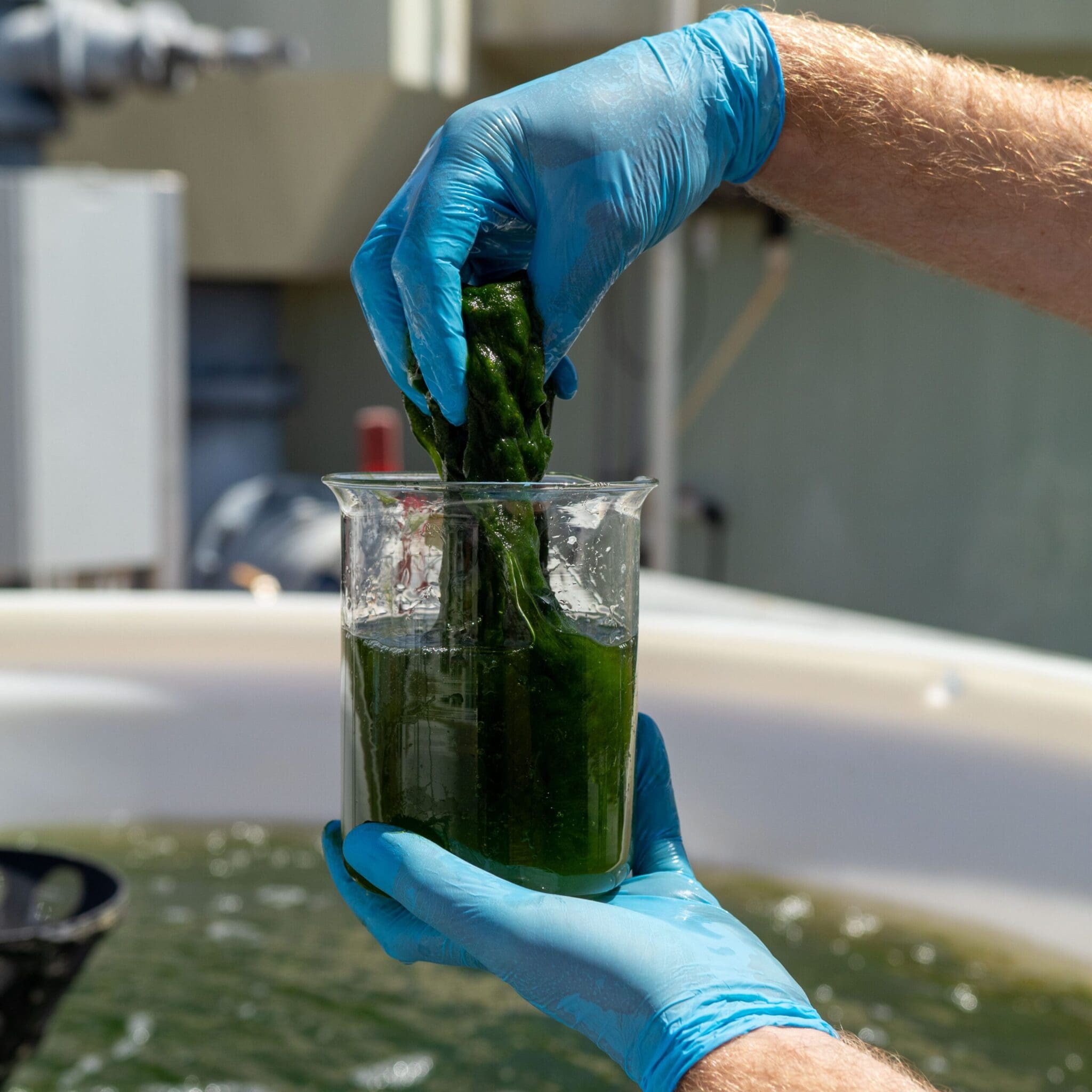
grasses to strip pollutants from wastewater
Image credit: Caldwell Media
Developed by aquaculture and waste management company, Pacific Biotechnologies Australia (Pacific Bio) in collaboration with James Cook University (JCU), RegenAqua will play a major role in helping Queensland achieve reductions in nutrient pollution outflow, providing increased protection for the Great Barrier Reef.
“Pacific Bio has been focused on developing a solution for removing toxic nutrients and carbon dioxide from urban wastewater for a number of years,” explains Pacific Bio CEO Sam Bastounas.
“We have achieved a significant global breakthrough with RegenAqua that is carbon neutral, low cost and readily deployable.
“RegenAqua uses river grasses in an engineered solution to clean water, and these grasses can then be converted into highly effective biostimulants for farmers, known as PlantJuice, and into drop-in liquid biofuels, like sustainable aviation fuel and bioethanol.”
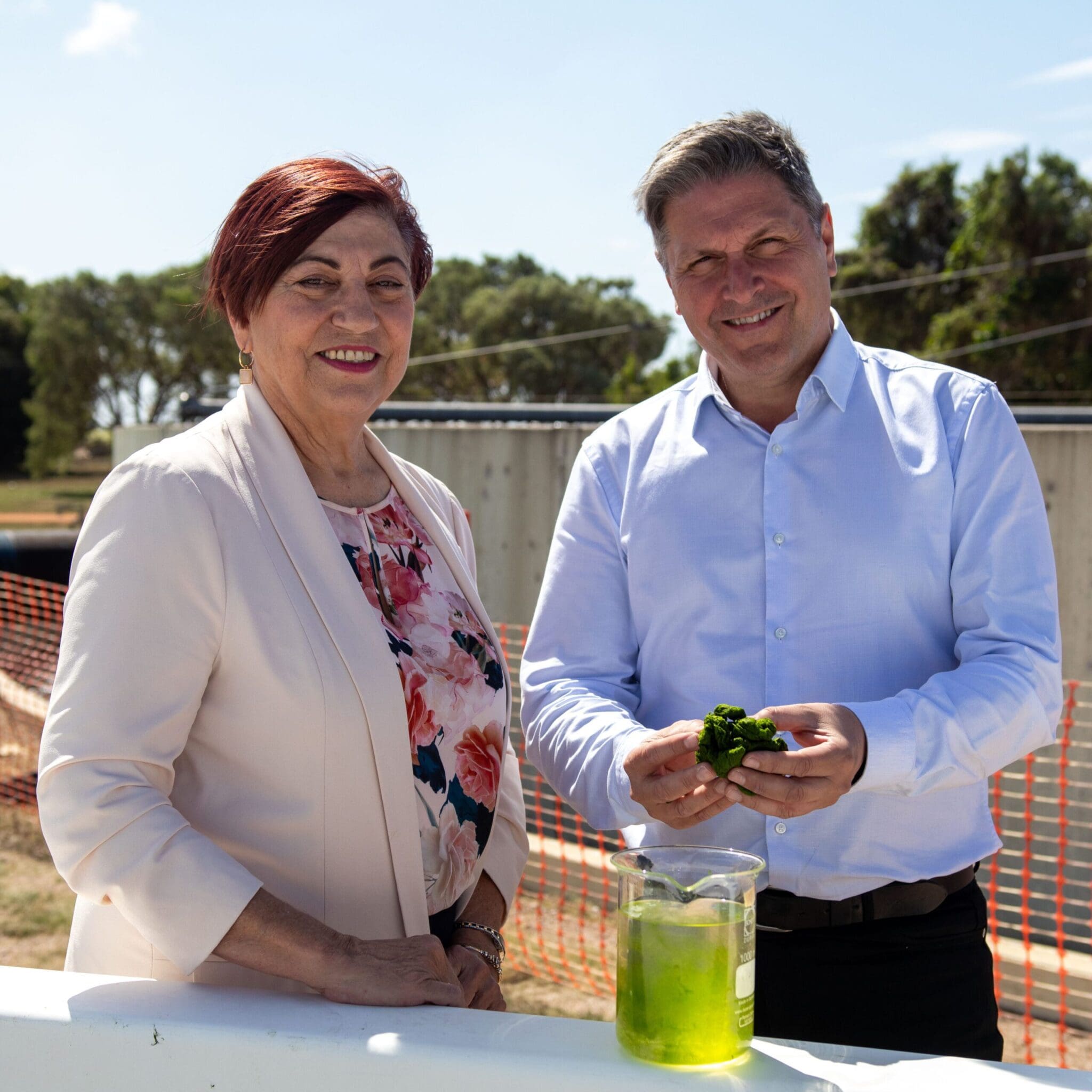
The Burdekin RegenAqua facility is due for completion in March 2024, and will include 12 initial tertiary treatment ponds, with the potential to expand to 16 ponds to accommodate future growth needs.
Funding support from the State Government under the Building Our Regions (BOR) Program and Burdekin Shire Council helped fund initial earthworks for the facility pad.
“In August 2023, Burdekin Shire Council and Pacific Bio entered into a 13-year agreement to build and operate the facility,” says Sam.
“Burdekin is the first council to recognise the importance of this breakthrough technology and has committed to the world’s first commercial facility. Not only does this benefit the environment, but it offers significant cost efficiencies in infrastructure and electricity which will benefit ratepayers for years to come.
“We hope it will be the catalyst for other utilities and councils to adopt nature-based solutions like RegenAqua.”
To ensure circular-economy focused projects like Atlas Soils and RegenAqua continue in the region, Smart Precinct NQ is preparing to launch The Circular Economy Industry-Research program.
Supported in partnership with the Queensland Government, CEO Cassandra Cazzulino says the program will deliver a range of events, collaborative efforts and $320K in grant funding to directly support local industry and research to test and validate ideas that adopt circularity.
“Sustainability is no longer a choice; it’s a responsibility,” says Cassandra. “The local competitive grants program will fund innovative ideas to support the growth and health of our community and natural resources.
“A localised roll out of this transformative program will allow us to embrace the unique opportunities of our people, ideas and the environmental attributes of our regions.
“It’s a real opportunity for industry and community to collectively activate fit-for-region, innovative circular solutions and learnings that can be deployed globally from Queensland.”
Main image: Steve Hannah, Paul Bull and Jason Lange, Directors of Atlas Soils.
Image credit: Veronika Gibson – Chasing Dreams Photos by V
Click here to read the latest issue of BDmag.

